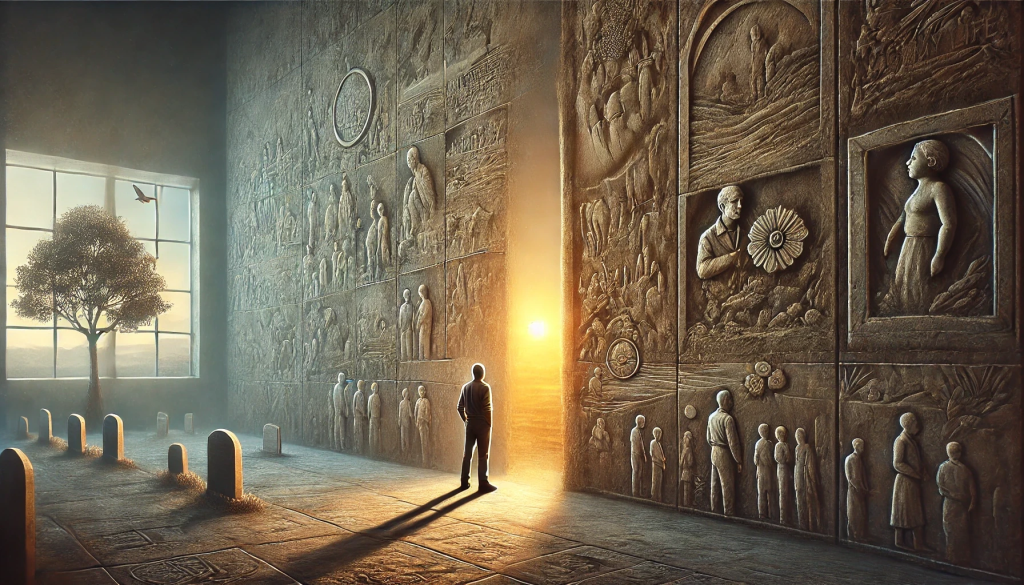The wall of my life

Due to my work at the emergency hospital, which I started in my twenties, I naturally began to think more closely about death.
At a small hospital in Ginza, I often had to transfer patients on the spot, but learning of their life or death from the destination afterward felt like something foreign.
I must have been young. Back then, even when many characters died in movies or novels, my heart wasn’t wounded.
Youth is cruel.
Eventually, my friends and family passed on.
My mother, as she grew older, would always say she didn’t want to watch sad stories anymore. She only wanted to watch happy stories.
Recently, I’ve come to understand my mother’s feelings. War movies, action films, where many people are killed and severed heads roll—such scenes, which are so traumatic, have become unbearable for me to watch. There’s no sense of exhilaration in them anymore. I’ve begun to understand why traditional Japanese storytelling, like Rakugo or the Yoshimoto Shingeki comedy, is still popular today. As I grow older and become more conscious of my own lifespan, the death of others no longer feels like something distant. Humans are selfish beings. How insensitive we are until it concerns us directly. What is death, really? It’s only after our parents are gone that we begin to truly realize the difficulty and the beauty of living. Today, there will be a Christmas party at the facility. While remembering those who have passed, I want to celebrate the year of those who are still alive and gathered here. Merry Christmas. To those who have passed, and to those who remain.
Death needs no title. Blood sugar 170. What will my blood sugar be when I die? — Yasunari Koyama
